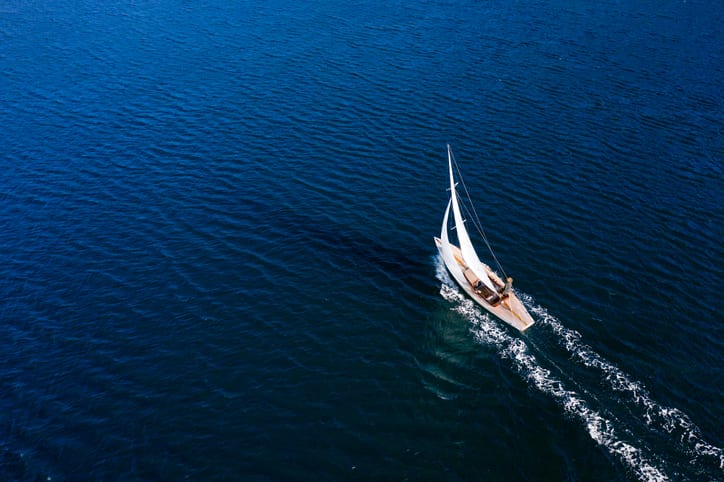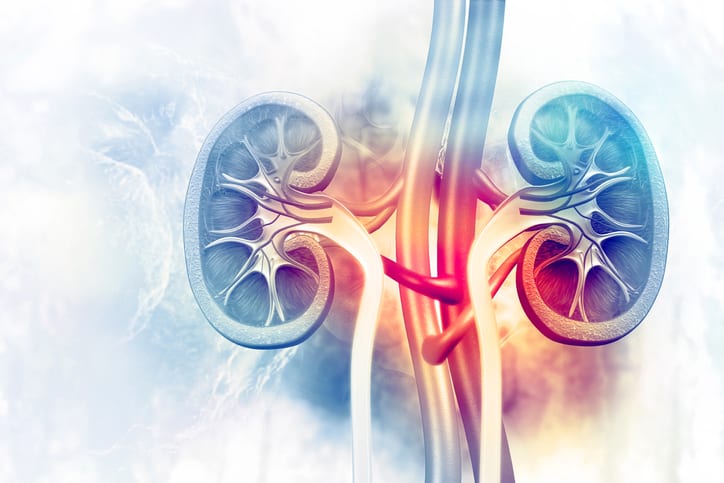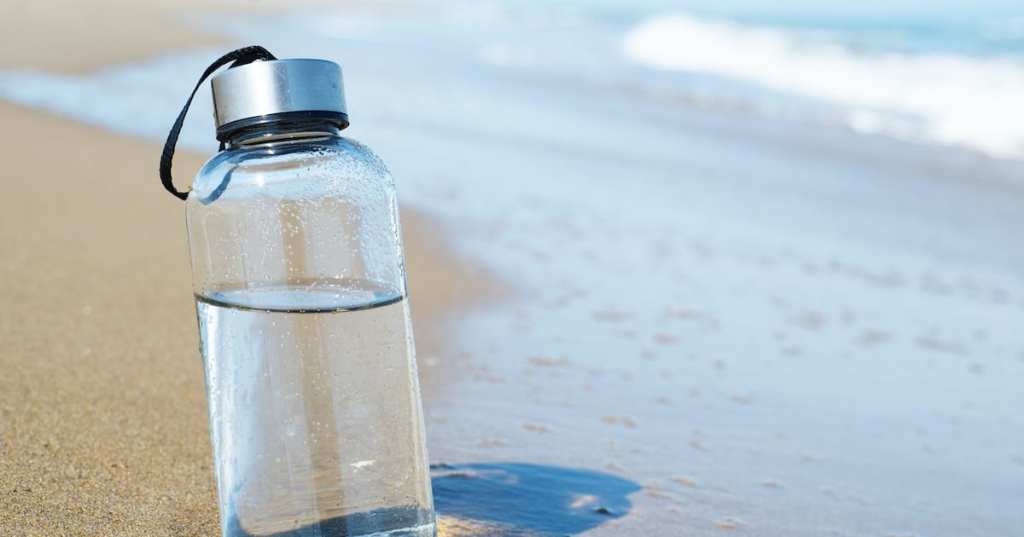From a young age, we’re taught not to drink the water in the ocean. It’s not the same as other water, though our parents rarely explain why beyond telling us “it will make you sick.”
We read horrifying stories about disasters at sea, where men and women are stuck without food or water, and eventually succumb to the lure of seawater, only to make things worse.
Why is drinking it so bad for us, though, and what happens to our bodies when we do?

Image Credit: iStock
You might think it’s counterintuitive, this avoiding of saltwater, since our bodies contain – and depend on – both salt and water to function.
Water is a universal solvent and is essential in helping us metabolize food, use our muscles, pump blood, and even for brain function. Salt is necessary for those same chemical reactions to take place.
That said, you likely already know that consuming too much salt is not so great for our bodies. It can lead to issues like high cholesterol levels, and our bodies need to stay under a salinity of 9 in order to function properly – that means for every 1000 grams of fluid we consume, we need 9 grams of salt.
Saltwater is a hypertonic fluid, which means it contains more salt than our blood, with a salinity of 35 – and it throws our body’s coping mechanisms completely out of whack.

Image Credit: iStock
Our cells have membranes that prevent salt from wandering into them unwanted, and although our bodies can use built-in mechanisms like these to an extent, they struggle with extremely high concentrations of salt.
When those concentrations are higher on the outsides of our cells than on the inside, water moves outside, too, trying to correct the imbalance. That leaves your cells devoid of water on the inside, and that’s never a good thing.
This process, called osmosis, can be disastrous in the case of consuming seawater. Our cells will shrink, and to correct that problem, our kidneys start to excrete the excess sodium in our urine.
The kidneys can only produce urine slightly less salty than saltwater, though, so they start making us pee more and more in order to keep up, dehydrating us in the process.

Image Credit: iStock
Basically, you’re peeing out more water than you’re taking in, which means you’ll only get more thirsty, not less, if you give into the temptation of drinking saltwater.
Not only that, but the body compensates for fluid loss in other ways, too – increasing your heart rate, constricting blood vessels in an attempt to maintain pressure and flow, nausea, weakness, and delirium that can lead to more bad decisions.
If you’re not able to consume fresh water in a short amount of time, the result will be organ failure and ultimately, death.
So, if you find yourself marooned or adrift at sea, resist the temptation and wait for rain.
Please.






